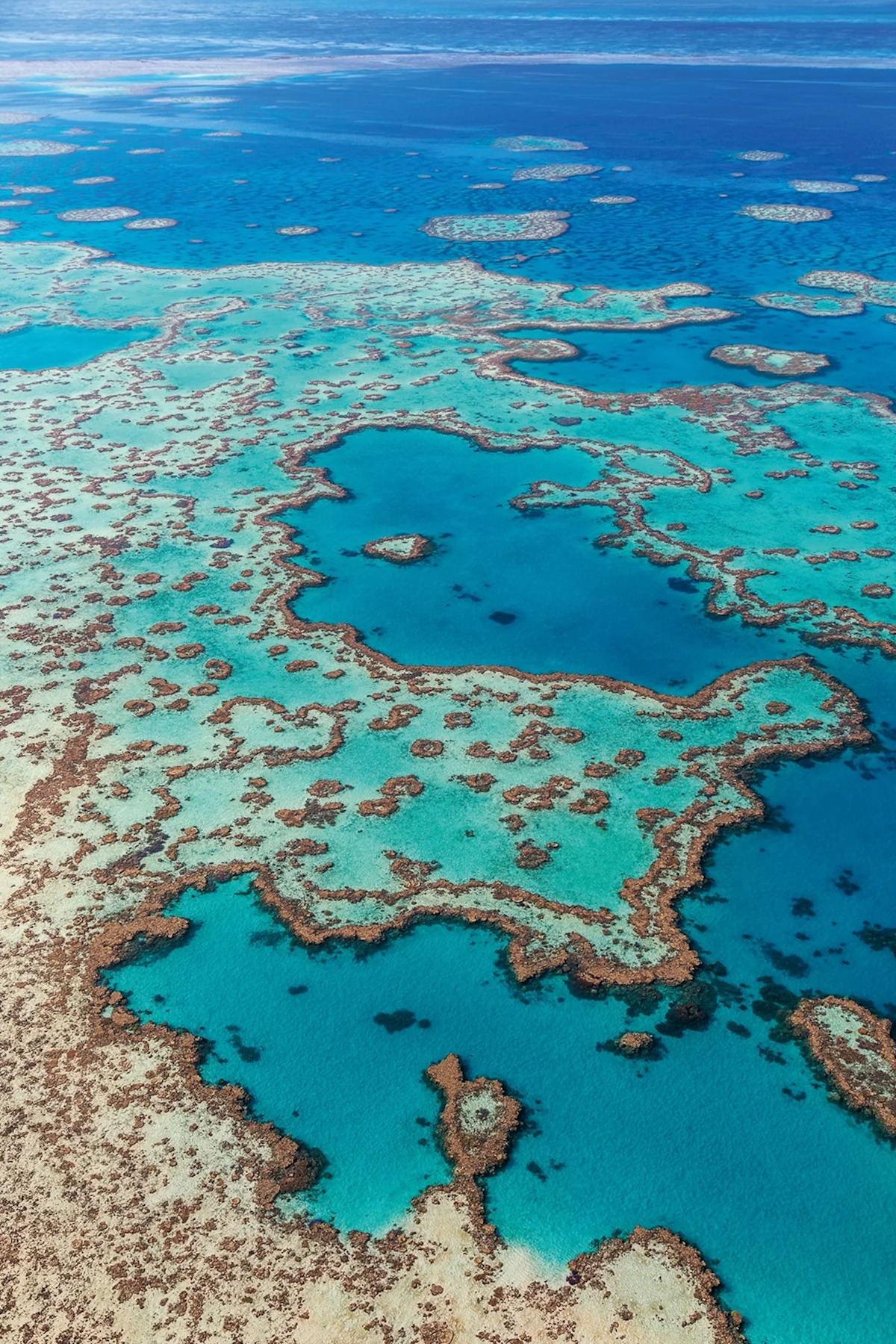Home / Environment / Citizen Scientists Crucial to Monitoring the Struggling Great Barrier Reef
Citizen Scientists Crucial to Monitoring the Struggling Great Barrier Reef
18 Oct
Summary
- Night dive reveals thriving marine life in the remote Ribbon Reefs
- Citizen science projects help track coral health and illegal fishing in the reef
- Decline in tourism threatens conservation efforts on the Great Barrier Reef

In October 2025, a diver experiences a thrilling night dive in the remote Ribbon Reefs of the Great Barrier Reef, witnessing a feeding frenzy of giant trevally, reef sharks, and moray eels. The Ribbon Reefs, located far from the mainland, are home to more resilient coral species that have recovered faster from cyclones and bleaching events compared to other parts of the reef.
The diver's expedition is led by Mel Alps, one of the Great Barrier Reef's 146 Master Reef Guides, an initiative to help visitors better understand and protect the reef. Mel and the other guides contribute to scientific monitoring and citizen science projects, such as the Eye on the Reef program, where recreational divers record sightings of key or invasive species, as well as any visible coral bleaching or damage.
This citizen-collected data is crucial for scientists to identify the healthiest areas of the reef, track the spread of threats like crown-of-thorns starfish, and focus conservation efforts. However, Mel explains that in recent years, there has been a significant drop in visitor numbers to the Great Barrier Reef, threatening the tourism-supported conservation efforts. "People think there's nothing to see anymore, so they're not coming," says Mel. "That's actually bad for the reef. Less tourism means fewer patrols, fewer surveys and less funding."
Advertisement
The diver's journey culminates with a visit to the Lizard Island Research Station, where scientists and naturalists have studied the reef since 1973. This densely forested and wildlife-rich island, once a sacred Aboriginal ceremonial site, is now home to the award-winning Lizard Island Resort and serves as a hub for reef research and conservation.




